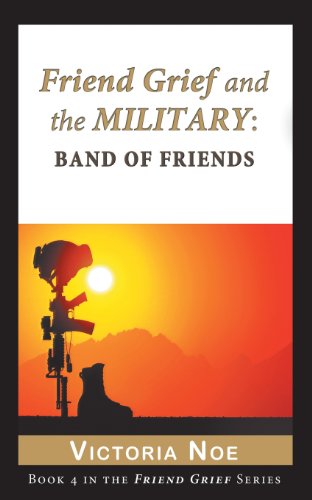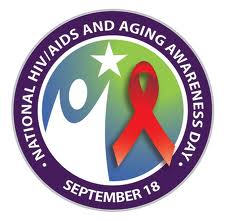The funny thing about writing is that you don’t
always know what resonates with people. Sometimes you write something that you
believe is so brilliant it will change the lives of everyone who reads it – and
obviously, everyone in the world will read it. That usually doesn’t happen.
Sometimes you write something that’s definitely not your best effort, but
there’s something about it that hits a nerve.
This list certainly surprised me:
#5 Update
on Friend Grief and AIDS The second book in my series has been the most
popular by far. It’s also the one that I’ve committed to updating every January
(so expect a 2014 edition in the next few weeks) to include current facts and
new resources. It’s a subject I’ve been close to for over 30 years now. I donate
25% of the retail price (not profit) of every paperback and ebook to Broadway Cares/Equity Fights AIDS.
#4 How
Celebrities Grieve Their Friends 2014 seemed to be an exceptionally bad year
for celebrity deaths. For some reason, we expect those in the public eye to
grieve differently than we would. They don’t. It’s just that their grief is on
display for the world to critique.
#3 The
End of the Friend Grief Series? The title certainly got a lot of attention.
I’m not at the end of the series, but getting close. The fifth of sixth books
comes out in late January. But there’s more to come, and the series has taken a
turn that surprised me.
#2 Anger,
Condemnation and Philip Seymour Hoffman Ah, celebrities again. The death of this
talented actor brought out not just grief but anger and swift condemnation as
well. The reactions were shocking to a lot of people – friends and strangers
alike.
#1 Friend
Grief: Guilt vs. Regret. This was definitely a surprise. I
try very hard to avoid regrets. And 2014 has shown me the power of doing that.
I grieve for two friends who died this year – Pierre and Dan – but I don’t have
a lot of regrets. That has eliminated the guilt I would’ve felt if I hadn’t
taken a chance of looking stupid. I highly recommend a carpe diem approach to
life.
So that’s my list. I suspect the 2015 list will
surprise me as well. Maybe one of your favorites is here, maybe not.
As always, stay tuned. There are big, big changes
(all good) coming soon that I think you’ll find helpful.
One thing won’t change, sadly: we will grieve our
friends. And hopefully, we’ll remember them with love and joy, as we’d want
them to remember us.




















